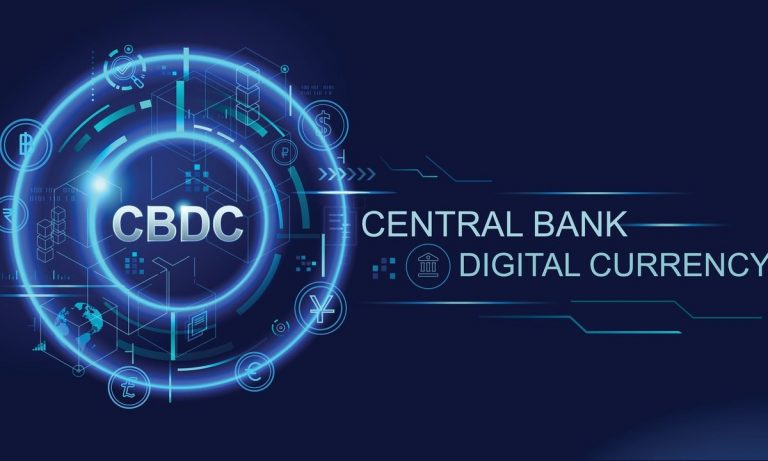
Central bank digital currencies (CBDCs) have been gaining momentum in recent years, as more and more countries explore the possibility of issuing their own digital money. However, according to Dr. James Smith, the head of research at Copper, a leading digital asset infrastructure provider, CBDcs are not yet ready to replace cash as the main medium of exchange in the global economy.
However, according to Dr. Alice Smith, head of research at copper, a leading provider of digital asset custody and trading solutions, CBDcs are not yet ready to replace cash as the main medium of exchange in the global economy. In a recent interview, Dr. Smith shared her insights on the challenges and opportunities of CBDcs, as well as the role of private sector innovation in the digital currency space.
Dr. Smith explained that CBDcs have several potential benefits, such as enhancing financial inclusion, reducing transaction costs, improving monetary policy transmission, and fostering cross-border payments. However, she also pointed out some major drawbacks that need to be addressed before CBDcs can become widely adopted.
Tekedia Mini-MBA edition 14 (June 3 – Sept 2, 2024) begins registrations; get massive discounts with early registration here.
Tekedia AI in Business Masterclass opens registrations here.
Join Tekedia Capital Syndicate and invest in Africa’s finest startups here.
One of the main challenges is the trade-off between privacy and security. Dr. Smith argued that CBDcs need to balance the need for user anonymity and data protection with the need for anti-money laundering and counter-terrorism financing regulations. CBDcs require a robust and secure infrastructure that can handle large volumes of transactions, ensure interoperability with other payment systems, and protect users’ privacy and data.
However, developing such an infrastructure is not easy, and may pose significant risks of cyberattacks, system failures, or data breaches. She said that different countries may have different preferences and approaches to this issue, which could lead to fragmentation and interoperability problems.
Another challenge is the impact of CBDcs on the banking system and the financial stability. Dr. Smith said that CBDcs could pose a threat to the profitability and liquidity of commercial banks, as they could reduce the demand for bank deposits and intermediation services.
CBDcs may have implications for the stability and efficiency of the financial system, such as affecting the demand for bank deposits, the transmission of monetary policy, the allocation of credit, and the management of liquidity. However, these implications are not well understood, and may vary depending on the design and implementation of CBDcs. She also warned that CBDcs could increase the risk of bank runs and systemic crises, especially in times of stress or uncertainty.
Dr. Smith also highlighted the importance of innovation and competition in the digital currency space. She said that CBDcs should not stifle or crowd out private sector initiatives, such as cryptocurrencies and stablecoins, but rather coexist and complement them. She said that private sector solutions can offer more diversity, flexibility, and efficiency than CBDcs, and that they can also spur central banks to improve their own offerings.
Regulatory issues: CBDcs need to comply with various legal and regulatory frameworks that govern money and payments, such as anti-money laundering (AML), counter-terrorism financing (CTF), consumer protection, and monetary policy. However, these frameworks may differ across jurisdictions, creating complexity and uncertainty for CBDc issuers and users.
Dr. Smith concluded that CBDcs are not yet a viable replacement for cash, but rather a potential complement or alternative. She said that CBDcs still face many technical, regulatory, and social challenges that need to be overcome before they can achieve mass adoption and acceptance. She also said that CBDcs should not be seen as a panacea or a silver bullet for the problems of the current monetary system, but rather as one of the many possible tools and options for improving it.
CBDcs are still in their infancy, and need more research and experimentation before they can become a viable alternative to cash. He says that Copper is closely monitoring the developments and innovations in the CBDc space and is ready to support its clients with its cutting-edge digital asset infrastructure solutions.



